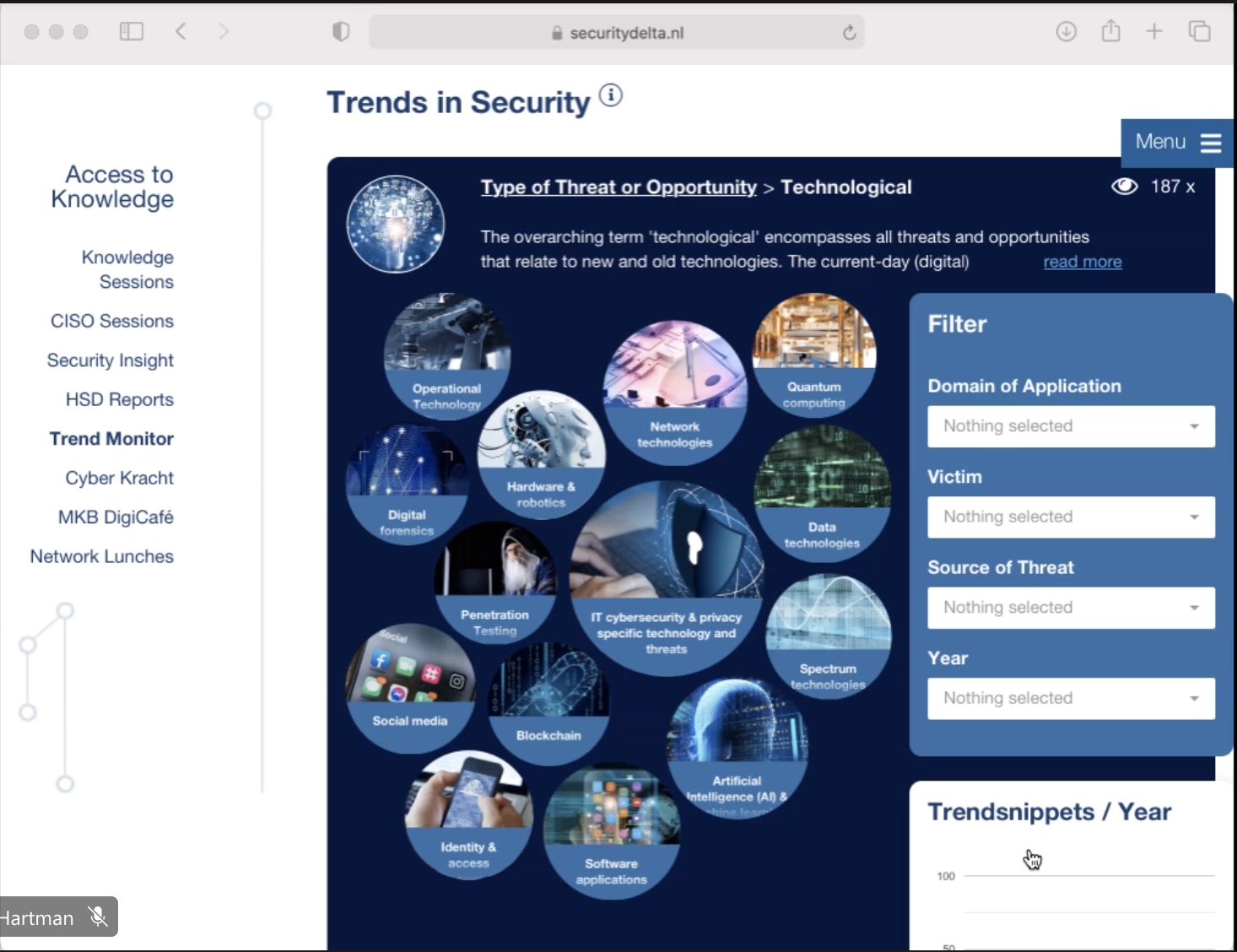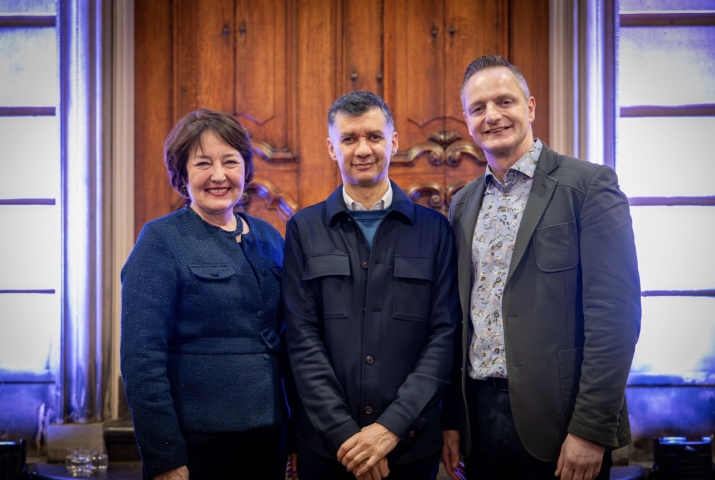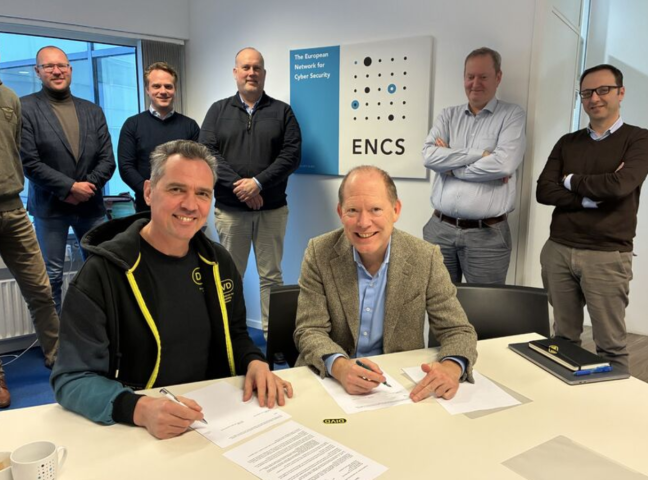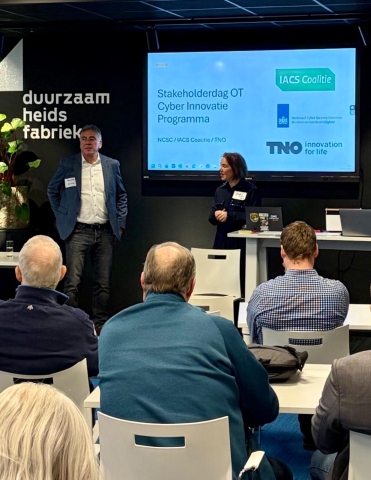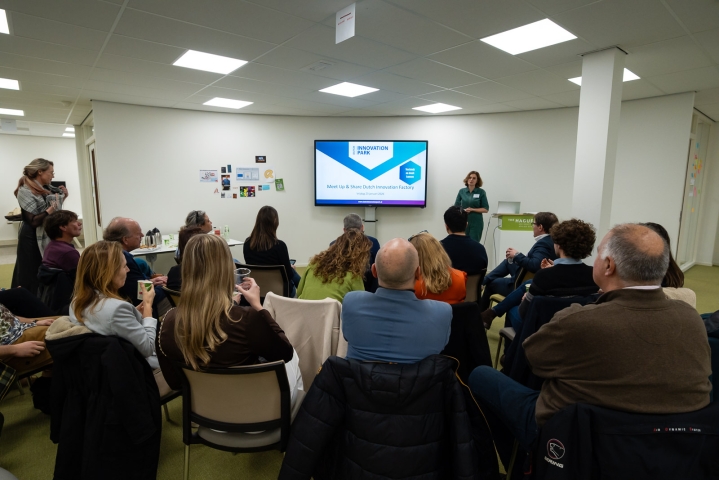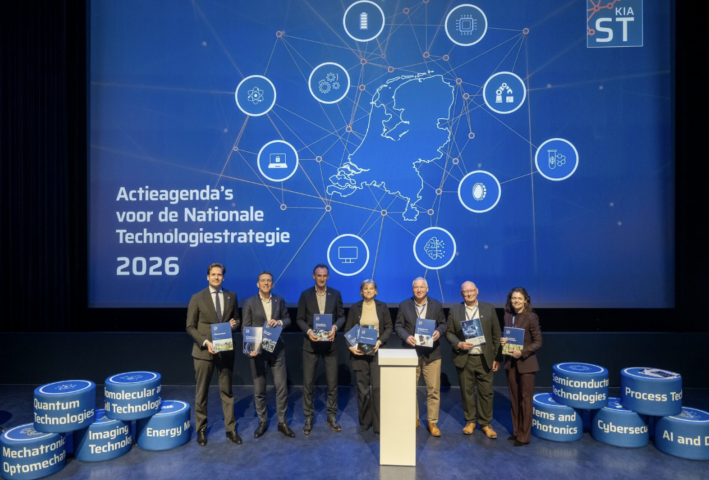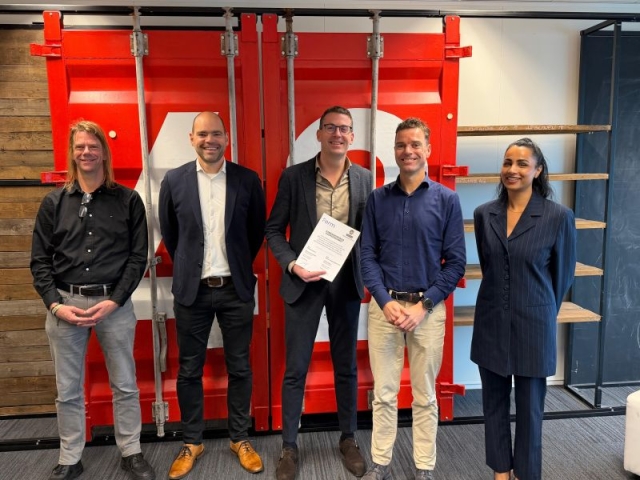Recap HSD Cafe: Upcoming Trends in Security
What are the upcoming trends in security that one should be aware of? To discuss emerging trends for policymakers and other stakeholders in security, HSD Office organised the HSD Cafe: Upcoming Trends in Security on November 30th. HSD Office revealed a new feature for the Trendmonitor to offer new insights in trending topics. Several experts kicked off the discussion with their introduction of security topics during this online event. A lively discussion evolved with strategists from The Association of Netherlands Municipalities (VNG) and the police sharing their visions and plans to counter threats and shape the future of safety and security.
Experts from the HSD-network introduced the upcoming trends:
- Social engineering (introduced by Floris Duvekot, Manager Behaviour at Secura);
- Malware & antivirus (by Reza Rafati, senior CERT Analyst at Group IB);
- Software applications (by Mark Ruijsendaal from HSD Office);
- Decision Support Systems (by Selmar Smit, Senior Scientist Intelligence & Criminal Investigation at TNO), and
- Data technologies (by Peter de Kock, Chief Imagination Officer at Pandora Intelligence).
Expert conclusions
The experts showed their perspectives on the trends and its relevance for operations. For social engineering it was mentioned that criminals misuse the human desire to be helpful. Criminals are responding more and more cleverly to this by asking for an authentication instead of a password to avoid a firewall. Ransomware is increasingly popular amongst cybercriminals, as it is profitable and easy to get your hands on. Certain ransomware-as-a-service software can be obtained for around 100 euros. The first step to prevent yourself from becoming a victim of ransomware is a thorough analysis of the design of your network and its vulnerabilities. The scope of ‘software applications’ was set on digitisation, digital transformation, datafication and generic automation and their impact on organisations. It includes payment & fintech, legal tech, crowd management software, situational awareness support and serious gaming & simulation. For decision support systems the complexity of producing a working algorithm that is objective and meaningful for the set goal was addressed. It is a small task to make an algorithm with basic Phyton knowledge but for an algorithm to make any sense even a data science centre cannot produce one within a week. On data technologies a link was drawn with godlike technologies: those that are important for our society but hard to understand. Developments in data technologies ask for courage to look upon the opportunities before the challenges.
Panel discussion
In the panel discussion both Kato Vierbergen from VNG and Sven Hamelink from the National Police responded to the introductions and shared other challenges and their ways of taking action. For instance, Kato cited the difficulties in investigating social media to localise and possibly prevent upcoming riots and other public disorder in cities. Until which point are municipal employees allowed to gather intelligence from online traffic for their public safety task and within what legal framework is this justifiable? The VNG calls on suppliers and experts to help municipalities to become more risk aware (regarding for instance cybersecurity, privacy, but also ethical implications) when implementing new technology and services in their portfolio. The need for digital security is omnipresent, from the social domain, physical domain, energy transition to safety & security. Digital security is ‘Chefsache’!
Sven shared that the police wants to prepare for the future by getting access to state of the art technology. This involves building new coalitions with governmental partners, academia, research institutes and companies. On national and international level . To prepare for the social and technological challenges of the day after tomorrow. They are currently working on the Science & Technology agenda, to deal with developments expected to influence their work in the next 5-10 years. To deal with quickly emerging trends and the opportunities that come with new technological developments, the police sets up different innovation labs, testing grounds and hubs to create new knowledge. For example, by developing and testing new tools.
Relevant information
The partners that actively contributed to this café mentioned several relevant works and shared others with us that we would like to share with you as well:
- Trendrapport Informatiesamenleving 2022(shared by VNG, Dutch)
- Interbestuurlijke datastrategie (shared by VNG, Dutch)
- Agenda digitale veiligheid(shared by VNG, Dutch)
- Science and Technology Agenda politie 2022-2025 (will be published in beginning of 2022)
- Interpretable confidence measures for decision support systems(shared by TNO)
- Trends & ontwikkelingen(shared by TNO, Dutch)
- Ransomware Uncovered2020-2021 (shared by Group-IB)
- Digital risk insights(shared by Group-IB)
You can help us extend our Trendmonitor by sharing your insights, publications and events with our communications department.

